Trend or Truth: Is Sourdough Bread Actually Healthier?
Have you been bitten by the sourdough bug?? I know I have.
And I got curious.. all the health claims about sourdough that you see on social media- do they actually have the science to back it? I did the digging for you 👀
One of my goals for 2023 was to feel confident in baking with sourdough because.. well.. freshly-baked sourdough bread. I'm convinced there is nothing better. 🤤 But also, my family just feels better when eating sourdough products vs other baked goods. Now in 2025, I have found the rhythm and routine to consistently enjoy sourdough.
Over the last few years (really since the pandemic, I feel..) there has been an explosion of newfound home bakers loving on their sourdough starter (me included). And everyone is always quick to talk about how much healthier it is.. making it a really common narrative on those cute sourdough videos.. but is it actually?
I wanted to dive into the research and science.. maybe for my own (hopeful) personal benefit of feeling better about bingeing on fresh baked bread and butter?
What is sourdough?
Let's start at the basics.. What even IS sourdough? Well, it is one of the original processes for baking leavened bread- making it popular with ancestral eating styles. Sourdough bread, a staple food in many cultures today, has its roots in ancient Egypt. Evidence suggests that the Egyptians were the first to use wild yeast to leaven bread, creating a lighter, airier loaf than the flatbreads that were previously common. In regular bread, they often use commercial yeast to get the dough to rise. With sourdough, you are using a culture of natural and wild yeasts (in your starter) that grow in room temperature to get the dough to rise and create a nice fluffy loaf!
The sour flavor that makes sourdough so popular is a result of the fermentation process of the good bacteria and yeast in the culture. That is why sourdough is a little more hands-on.. because every starter acts a little bit different depending on the wild yeast, bacteria, temperature, and climate in your area.
It can be a little finicky to get started, and that is often what is overwhelming for people getting started.. but I promise, it really isn’t that tricky once you get the hang of it!
How to make sourdough?
This is the ultimate quick and dirty sourdough 101 and by no means a comprehensive "how to". If that is what you are looking for, there are a few blogs I personally have bookmarked on my computer and reference FREQUENTLY because they really are the experts and write simple, easy to understand recipes and guides. Some of my favorite sourdough blogs and resources are:
The Perfect Loaf: The Craft and Science of Sourdough Bread -- really, if you are looking for an unparalleled knowledge of the science of bread, this is the book for you. It's like sourdough school with really beautiful pictures 😂
But here's the quiiick version..
To make sourdough bread, the process typically involves mixing the sourdough starter with additional flour and water, along with salt. The bread dough (or tortilla dough, or bagel dough, etc) is then allowed to ferment and rise over an extended period, often involving multiple stages of fermentation and proofing. Finally, the dough is shaped and baked to create the finished sourdough bread. Then you can pull it out of the oven and ignore all advice of letting it cool, dig into it like a wild animal, and smother it in butter-- just me?
Health Benefits of Sourdough
Now that you have an idea of what sourdough is and how you make it, the different potential health benefits will make a bit more sense. I’ve divided the common claims into categories to tackle one by one..
Ingredient Profile
First and foremost- the ingredients.
In recent years, more consumers are prioritizing whole foods with fewer artificial ingredients. People are questioning the food industry a little bit more and trying to make more conscious decisions about what they eat, and are generally looking for a healthier choice. This means that a lot of commercial bread companies are trying to meet that demand and are offering types of bread with better ingredients-- which is amazing!! 👏
But even so, it is hard to find bread with just flour, salt, and water at the grocery store. And that's the standard ingredients when you make sourdough at home. Of course, you can add in different ingredients to make all kinds of bread, but traditional sourdough is juuuust that. Which is pretty cool to me!
If you are looking to limit preservatives, artificial ingredients, added sugars, etc... sourdough is a really great option!
More nutritious?
So if most bread are made with a similar type of flour, how is sourdough more nutritious? This comes back to the sourdough fermentation process.
In most plants and whole grains there is a substance called phytic acid or phytate. These plant compounds are sometimes referred to as "anti-nutrients" because they bind to minerals, making them harder for your body to utilize. So even though the bread may contain those nutrients, your body has a hard time using them.
The fermentation process of sourdough helps to make those nutrients more bioavailable. Meaning your body can actually use those minerals and other nutrients! While fermenting, lactic acid bacteria lowers the PH of bread, which in turn deactivates phytate- some research shows this can be upwards of 70% deactivation.
(and i'll add in that just because plants have these "anti-nutrients", does not mean that you should avoid these food groups entirely. Some people are more sensitive than others, coming back to everyone's unique bio-individuality.) This is another reason why in ancestral eating cooking, sprouting, fermenting, etc. are so popular-- because they aid in digestibility!
On the note of nutritional benefits-- depending on the mixture of flour you use (white flour vs whole wheat bread flour vs organic flour etc), you can include that profile of nutrients into your bread.
Lower Glycemic Index?
We love blood glucose regulation over here! So when I heard the sourdough has a lower glycemic index I knew I wanted to confirm...
So what does a bread's glycemic index mean for your health. Well, when bread (or any food for that matter) has a higher glycemic index, that means it has a greater impact on your blood sugar levels and in turn, your insulin levels. High GI index, more insulin is released to bring your blood sugar down. Now that isn't a problem and is a normal physiologic process that your body uses to keep things balanced (good ol' homeostasis).
The problem is when you regularly eat foods with a high glycemic load, have unbalanced blood sugars for prolonged times, and create a pattern of high-highs and low-lows (ya know that "sugar crash" gross feeling you get?). That can lead to something called insulin resistance, or your body needing more and more insulin released to bring your blood sugar back to normal. Overtime, this insulin resistance becomes more pronounced and can lead to diabetes. Better blood sugar control is also related with better weight management and better mental health (probably due to those less severe blood sugar swings).
Sourdough has a glycemic index of 54 compared to conventional bread (aka regular white bread) being rated 71. That means it has less of a drastic impact on blood sugar levels. This may be important if you are someone with diabetes, pre-diabetic, or have insulin resistance.
Related Reads:
Better for Gut Health?
One of the most common health benefits of sourdough bread that I hear, is that it helps to support a healthy digestive system through beneficial bacteria. And while I know the starter contains healthy bacteria, I couldn't comprehend how that bacteria could do any good after it was baked. So again, I decided to dig in to the science...
And I was onto something! While no, sourdough does not contain probiotics after being baked, it still can benefit gut health. Because of the break down of phytic acid, it makes it easier to digest. It also has far lower rates of gi symptoms- gas, bloating, etc. People with conditions including irritable bowel syndrome of IBS can often tolerate sourdough better than other bread products. `
But back to the whole probiotic topic.. while probiotics and good bacteria are no longer alive after baking, the fiber in sourdough is considered to be prebiotic. This means it is a food that support the good bacteria already present in your gut.
So stick with other fermented foods like sauerkraut, kimchi, and yogurt with live active cultures for your probiotic!
Is sourdough a good choice for people avoiding gluten?
Now, there are different reasons people choose a gluten-free diet. Some people avoid it out of preference, some have mild gluten sensitivities, while others have celiac disease (a much more severe autoimmune disease where your intestines become damaged by gluten). My husband and daughter both have a familial history of celiac disease, and since neither tolerates it, we avoid it all altogether. And since I am not about cooking different things for everyone, we all eat pretty much completely gluten-free. With the exception of sourdough...
And when I long-ferment sourdough products, neither one of them has any issue with digestion! This happens because during the fermentation process, there is a breakdown of gluten.
If you have a gluten intolerance, you may be able to have sourdough products without any issue. For most people, it just depends on how the breads were prepared and their own health history. I know when my PCOS symptoms were more severe, i had a lot more food intolerances and digestive issues. But as I healed my body, reduced stress, and focused on nourishment, a lot of those intolerances resolved themself when my body began to heal.
But as for celiac disease, you need to make that educated decision for yourself with your health care provider! I have heard of many people who swear sourdough is the only thing they can tolerate, and other people still cannot digest it well. It just depends on your personal level of sensitivity.
BUT, there is also gluten-free sourdough bread. This would mean that the starter culture and the recipe both avoid gluten-containing grains. You can purchase this gluten-free culture starter that is made with rice flour! In that case, those products would be considered safe for anyone whether they have a non-celiac gluten sensitivity or celiac's. Again, it’s all about your personal health needs and how your body responds.
How to Make Your Own Sourdough
So you can either start your own sourdough starter from scratch or you can purchase a de-hydrated starter and rehydrate it, OR you can get some from a friend and start that way. This starter culture on Amazon has really great reviews with many people saying it only takes a couple of days to activate!
My personal opinion is maybe not the most popular.. but I think it is helpful to take the time to make your own starter from scratch to figure out the process and get into the rhythm of feeding your starter. If you have used a sourdough starter in the past, go ahead and use one of the other options since you already have an idea of what it will require. But if you're new to sourdough it really is helpful to start at the beginning. You also get soo much more excited when your starter becomes active and the odds are, you'll keep it alive longer.
Definitely revisit those blogs I shared at the top because they are full of amazing recipes for everything from sourdough breads, cinnamon rolls, and chicken pot pie with sourdough biscuits 🤤
My favorite sourdough supplies
And while we are here- there are a few things that you will make your sourdough baking easier. Now none of this is necessary so don’t let this list scare you off (I share alternates you can use that you probably already own)!
Cast Iron Dutch Oven with organic seasoning- this is a great dutch oven option that doesn’t have any weird non-stick chemicals or enamel with heavy metals. If you are not looking to invest in a dutch oven right now you can look up sourdough recipes that are “open bake” and that you can cook on a cookie sheet
proofing basket- I found a set of these at a thrift store and before that I just used a mixing bowl with a towel lining it
Bread scoring blade- this is my favorite one to have with small kids in the home. Not only is the blade retractable, but it is also magnetic. I can put it up high on our fridge and feel safe knowing that my babies cannot reach it. And heaven forbid it falls off, the blade is retracted into its container. Again, before having this i just used a plain old kitchen knife (granted, it did not work as great but it sure got the job done)
Organic whole grain flours- I love using organic flours for whole-grain sourdough bread. With each new flour, you get a slightly different type of bread with flavor notes.
Recommended Sourdough Brands
If you love the idea of sourdough but just aren't ready to commit to maintaining a starter and learning the process.. I get it. Every couple of months I feel like I need a break and either dehydrate my starter… or just toss it. (thankfully, I have some amazing sourdough friends who share their starters when I am ready to pick it back up again).
But if you are just not ready to commit, but still want that tangy flavor and a better choice for bread, here is what to look for on the ingredient label.
flour, salt, water…. and not much else! The only exception is if you are purchasing a flavored sourdough loaf like jalapeno cheddar.. then you will obviously see those ingredients too!
The problem comes when some bread companies market their product as “sourdough” but are not using a traditional fermentation process, and instead giving that tangy flavor artificially through added ingredients. Here are some of my favorite tried and true options for healthier sourdough breads:
Pacha- certified organic and gluten-free.. honestly, this is the best sourdough bread I have ever found in terms of quality, sustainability, and sourcing. They prioritize high-quality ingredients and avoiding the most common allergens, making it a safe option for many families!
One of my other favorite options for outsourcing a high-quality slice of sourdough bread is micro bakeries and pop-ups! Check on social media for sourdough home bakeries in your area-- we have a bunch in my area of town! I love that I get to support small businesses and have tasty homemade bread (without having to time dough rise and starter maintenance) 😂 Some of the best bread I have ever tried is from small pop up bakeries that I have picked up from the farmer's market!
Related Reads:
Open My Thrive Market Order With Me!
My Honest Review of Online Organic Grocery Shopping


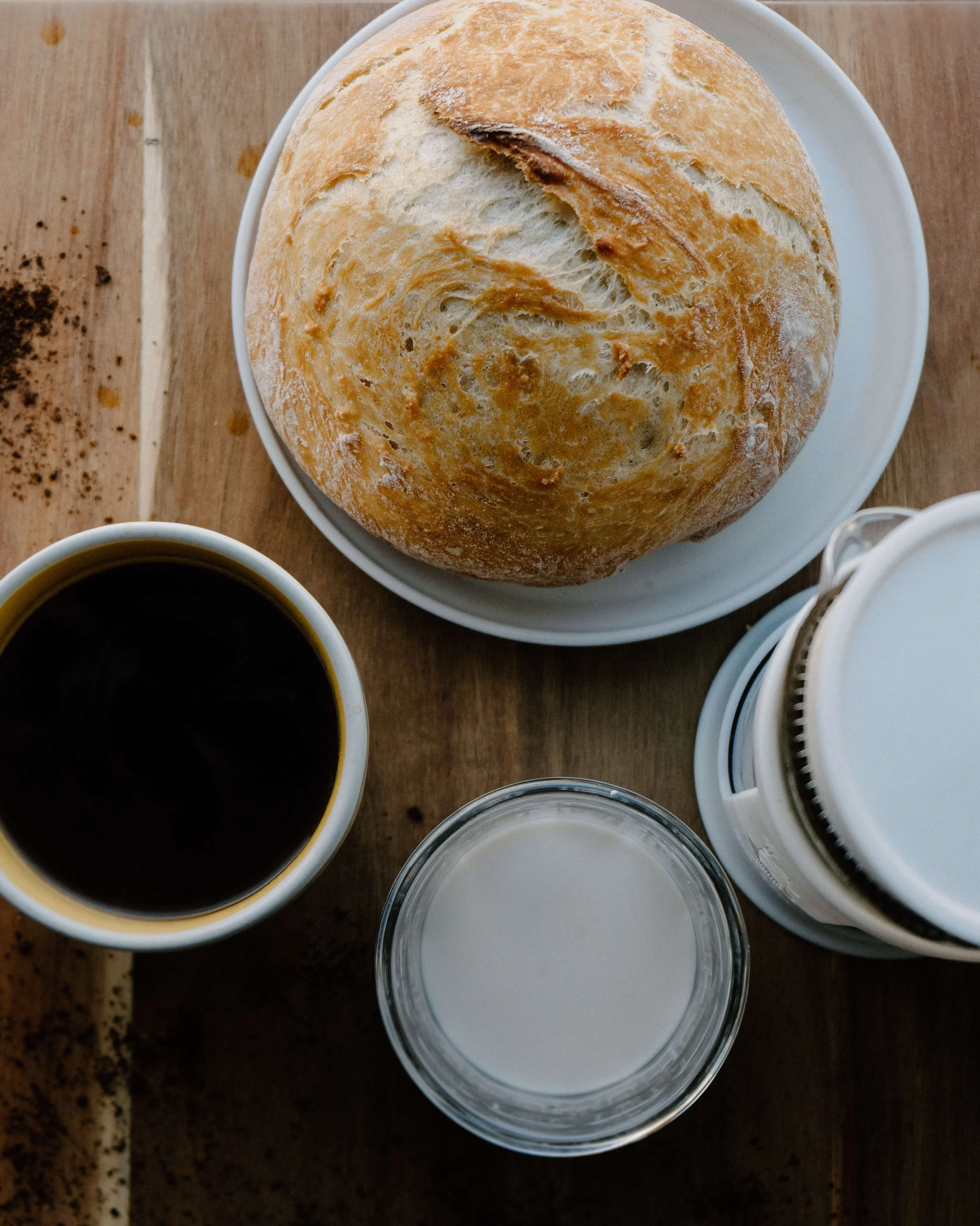

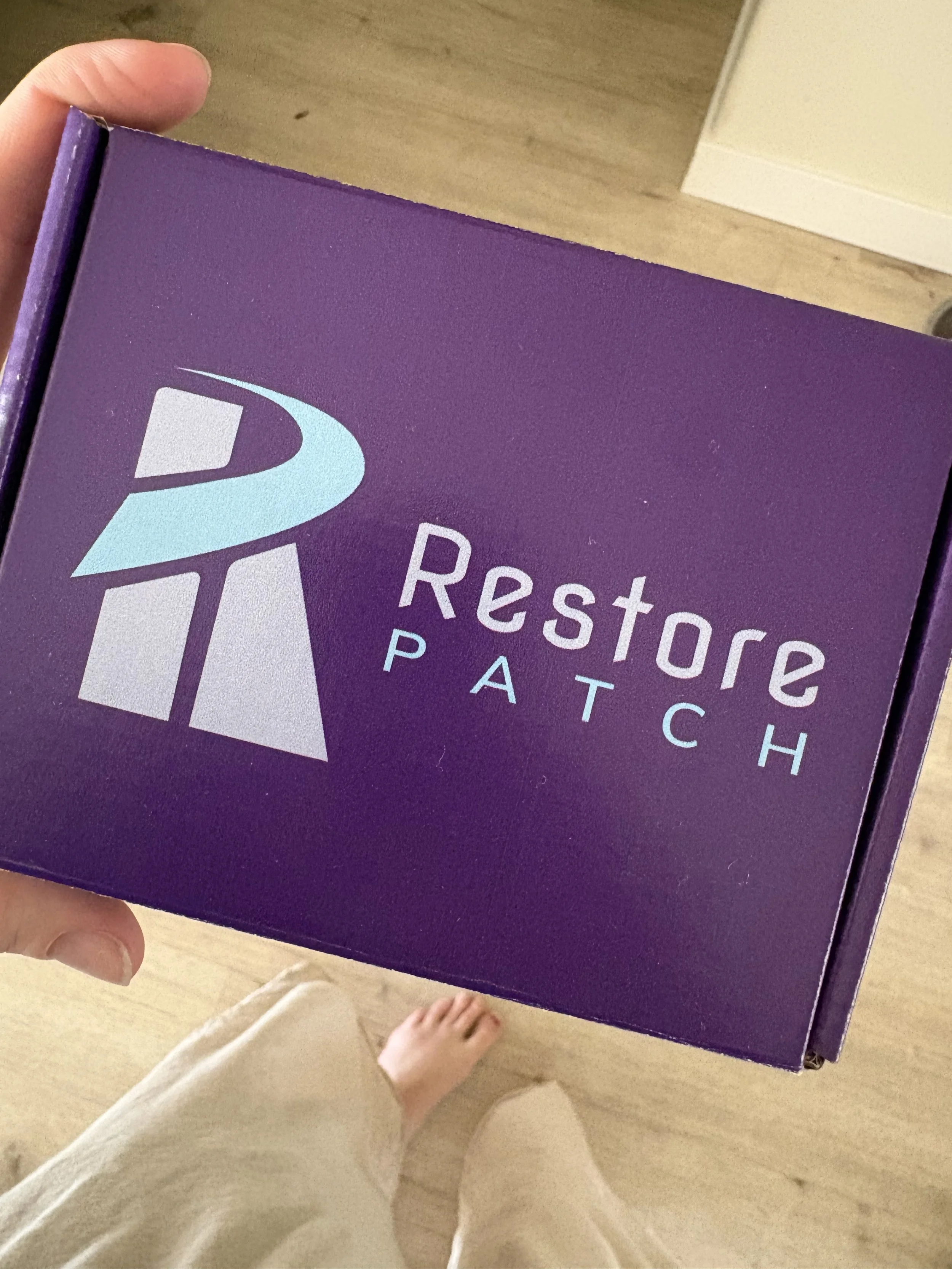
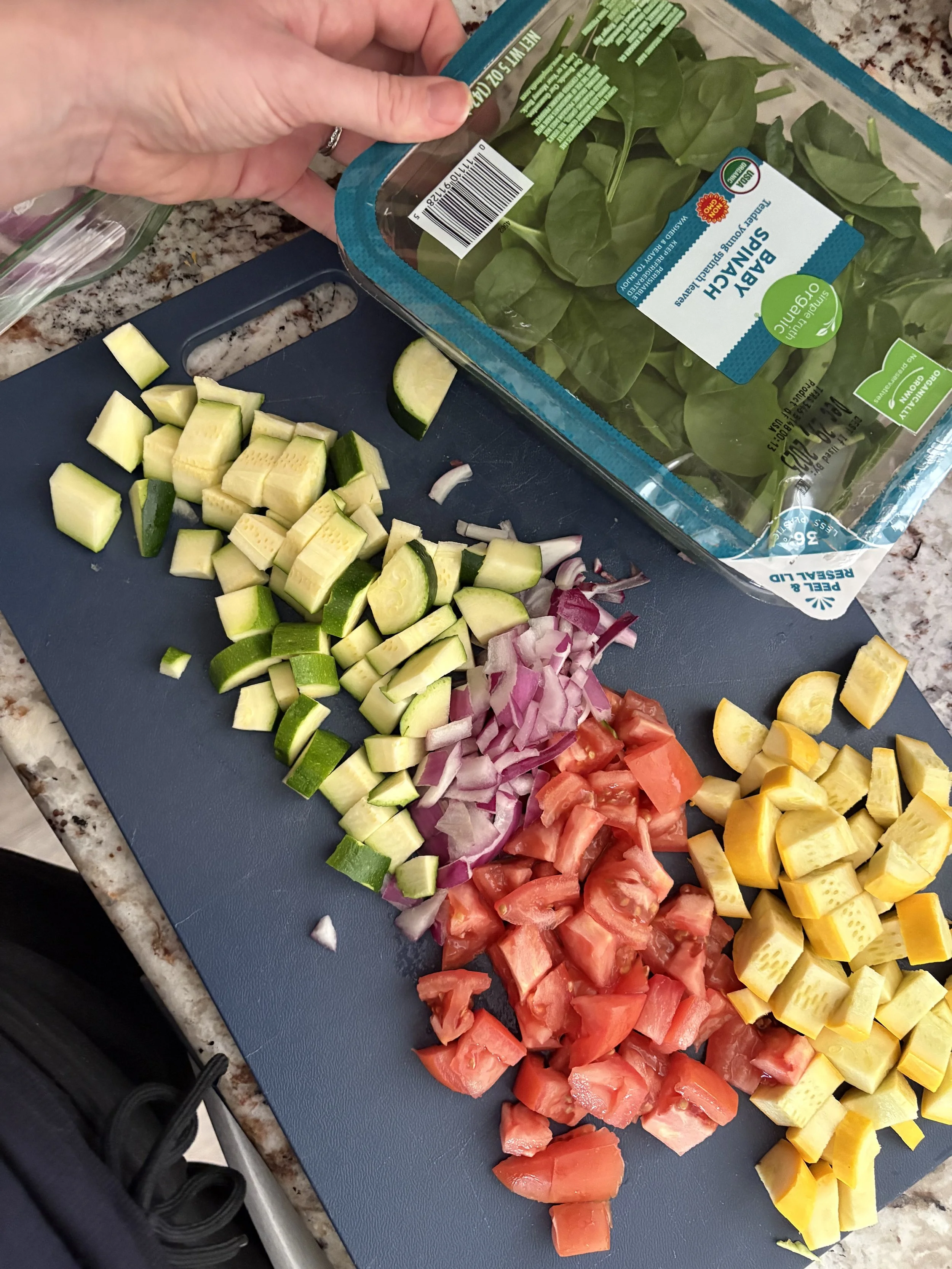
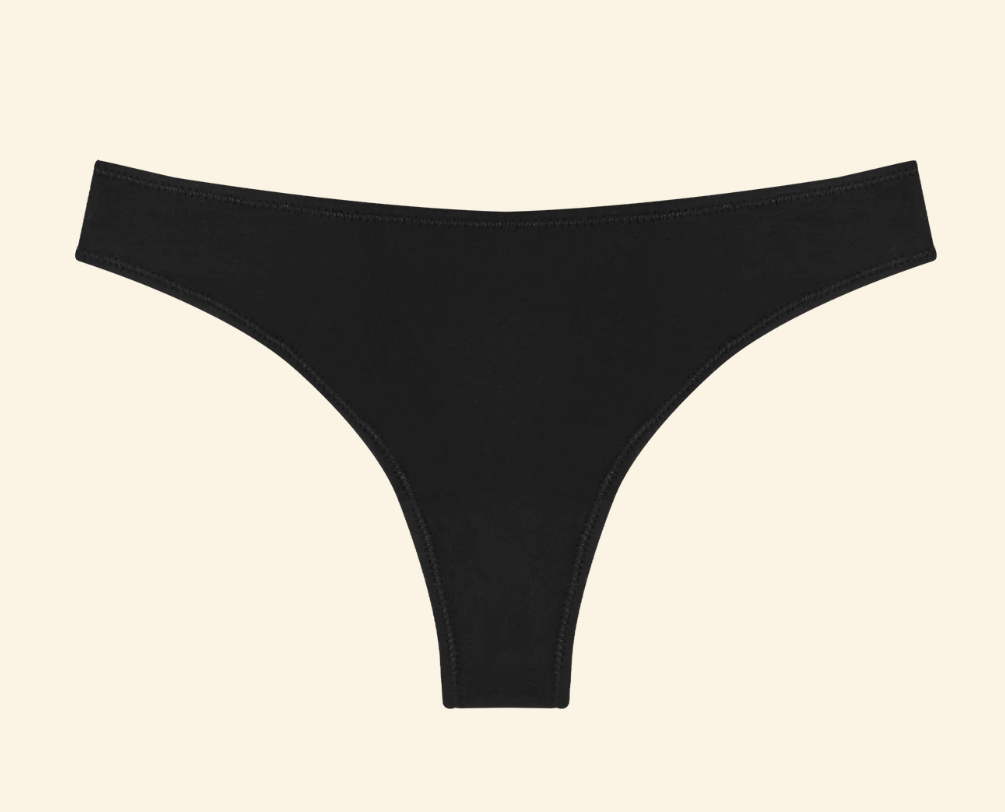



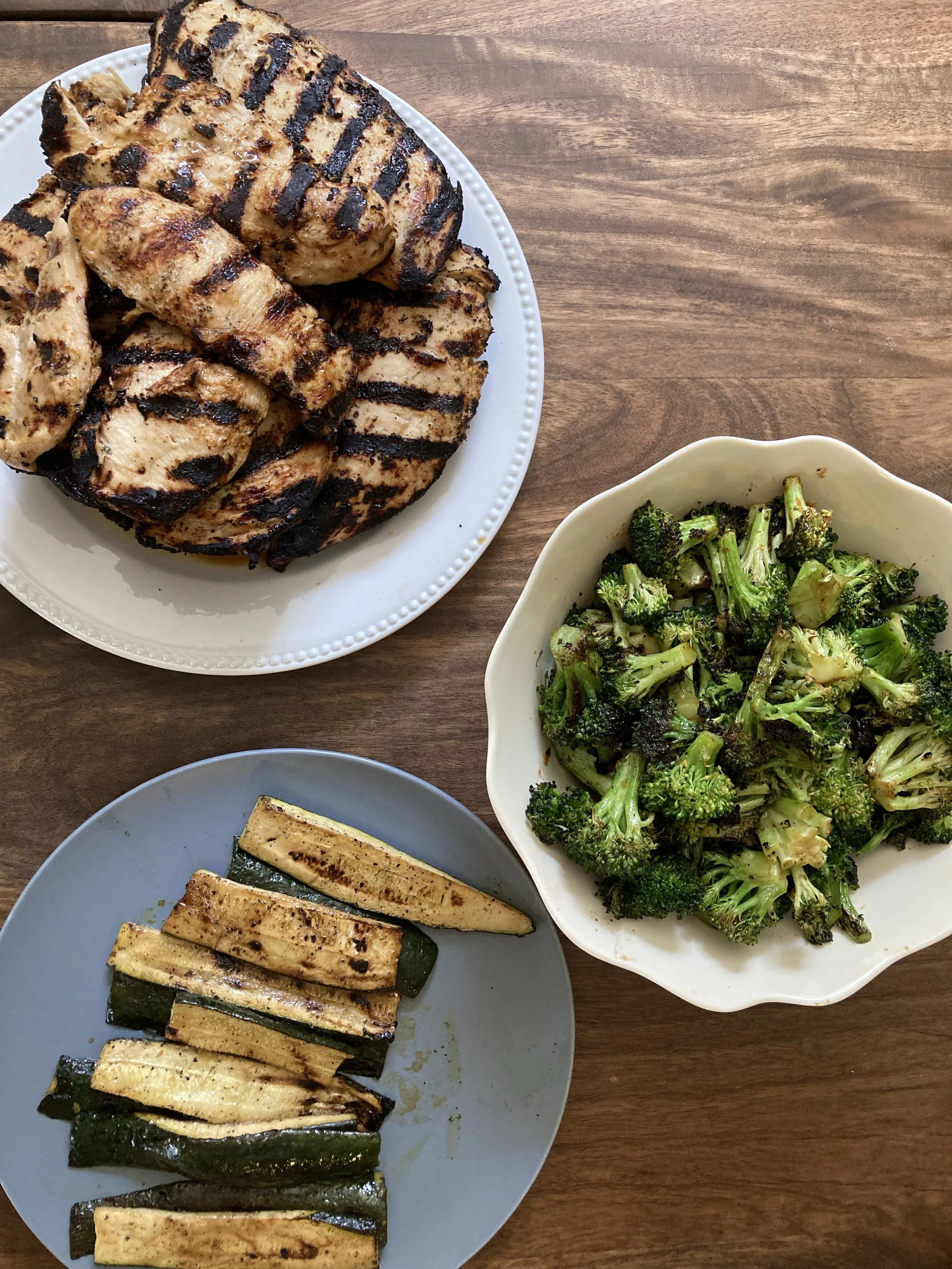









What is self-care actually?? This post explores what actually supports our wellness.. and all ideas shared take 5 minutes or less 👏